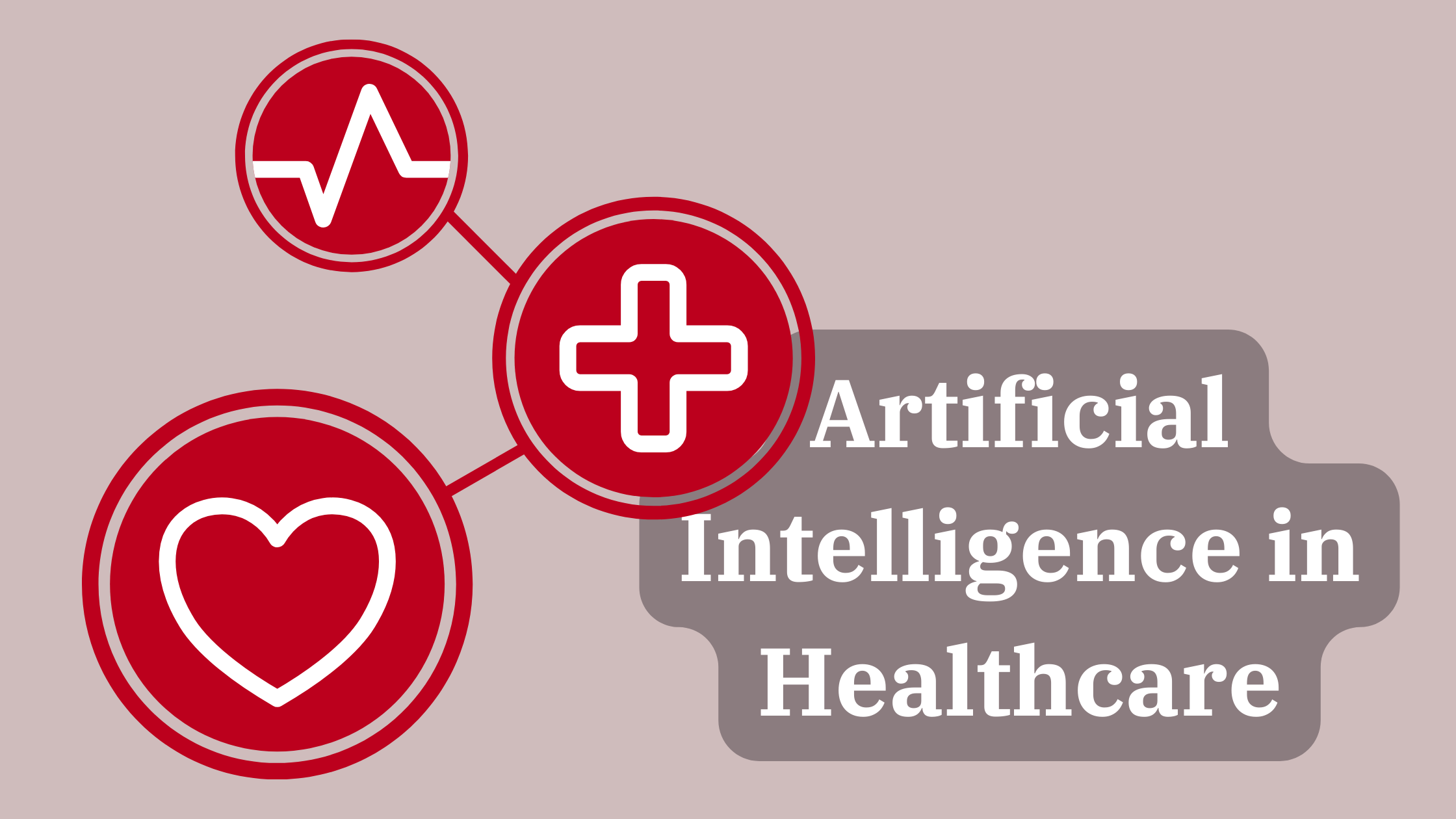
Artificial intelligence (AI) is revolutionizing various sectors, and healthcare is no exception. From improving diagnostic accuracy to enhancing patient care delivery and streamlining administrative tasks, AI holds immense promise for transforming the healthcare landscape. This article explores the multifaceted role of AI in healthcare, discussing its applications, benefits, challenges, and ethical considerations.
1: AI in Diagnostic Imaging
One of the most significant applications of AI in healthcare is in diagnostic imaging. AI algorithms trained on vast datasets can analyze medical images such as X-rays, MRIs, and CT scans with remarkable accuracy, aiding clinicians in detecting abnormalities and making timely diagnoses. For instance, AI-powered systems can identify early signs of diseases like cancer, stroke, and cardiovascular conditions, potentially leading to better patient outcomes and reduced healthcare costs.
2: Personalized Medicine and Treatment Planning
AI plays a crucial role in advancing personalized medicine by analyzing patients’ genetic, clinical, and lifestyle data to tailor treatment plans according to individual characteristics. Machine learning algorithms can predict patient responses to specific medications, optimize drug dosages, and identify the most effective therapies for various conditions. This approach not only improves treatment efficacy but also minimizes adverse effects and enhances patient satisfaction.
3: Predictive Analytics and Disease Prevention
AI-powered predictive analytics models leverage patient data to forecast disease onset, progression, and recurrence. By analyzing electronic health records (EHRs), wearable device data, and other sources, these models can identify individuals at high risk of developing certain health conditions, enabling proactive interventions and preventive measures. Early detection and intervention can significantly reduce morbidity and mortality rates associated with chronic diseases like diabetes, hypertension, and cancer.
4: Virtual Health Assistants and Remote Monitoring
Virtual health assistants powered by AI technologies are revolutionizing healthcare delivery by providing personalized guidance, support, and monitoring to patients outside traditional clinical settings. These virtual assistants can offer medication reminders, lifestyle recommendations, and symptom tracking functionalities, empowering patients to manage their health more effectively. Additionally, AI-enabled remote monitoring devices facilitate continuous patient monitoring, enabling early detection of health deterioration and timely interventions, particularly for patients with chronic conditions or post-operative care needs.
5: Healthcare Operational Efficiency and Cost Reduction
AI-driven solutions streamline administrative tasks, optimize resource allocation, and enhance operational efficiency across healthcare organizations. Natural language processing (NLP) algorithms automate medical transcription, coding, and documentation processes, reducing administrative burdens on healthcare professionals and improving accuracy and workflow efficiency. Furthermore, predictive analytics models help hospitals and healthcare facilities anticipate patient admissions, optimize bed utilization, and allocate resources more effectively, ultimately leading to cost savings and improved patient care quality.
6: Challenges and Ethical Considerations
While AI holds tremendous potential to revolutionize healthcare, it also presents various challenges and ethical considerations that must be addressed. These include concerns related to data privacy and security, algorithm bias and fairness, regulatory compliance, and the potential impact on healthcare workforce dynamics. Additionally, there are ethical dilemmas surrounding AI-driven decision-making in healthcare, particularly regarding accountability, transparency, and the potential for algorithmic errors or unintended consequences.
Conclusion
The integration of artificial intelligence into healthcare holds great promise for improving patient outcomes, enhancing healthcare delivery, and transforming the industry as a whole. However, realizing the full potential of AI in healthcare requires addressing various challenges and ethical considerations while ensuring responsible development, deployment, and utilization of AI-driven technologies. By harnessing the power of AI in a responsible and ethical manner, we can unlock new possibilities for advancing healthcare and improving the well-being of individuals and communities worldwide.